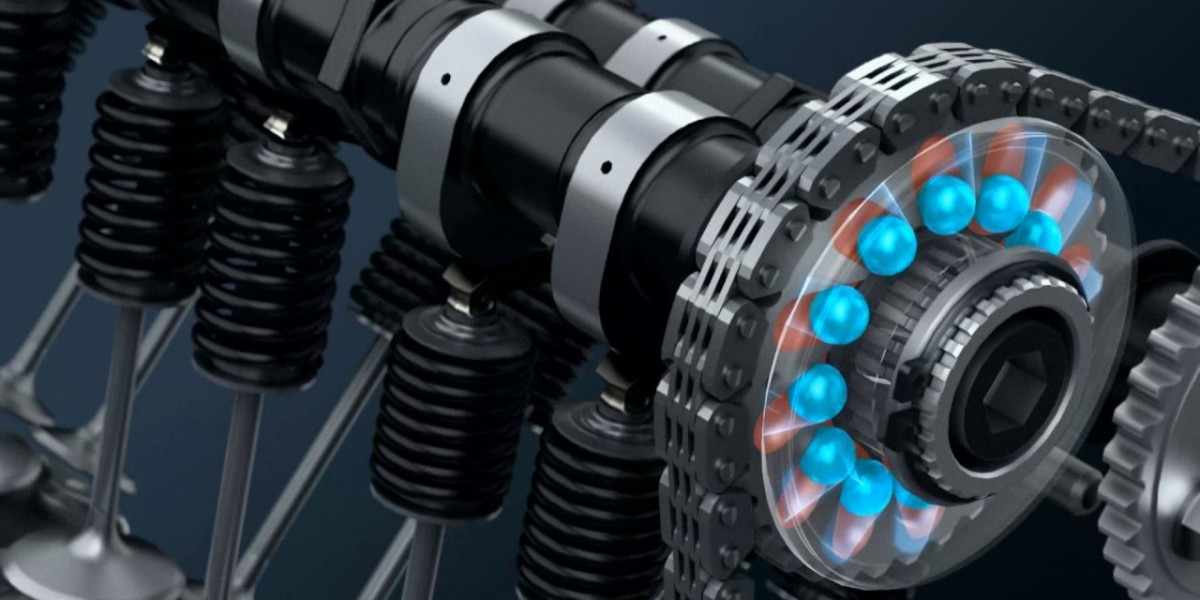In today’s fast-paced and competitive manufacturing landscape, agility, visibility, and operational efficiency are not just advantages — they are necessities. Enterprise Resource Planning (ERP) software serves as the digital backbone of manufacturing companies, enabling them to streamline processes, enhance productivity, and maintain tighter control over every aspect of their operations. If you’re a UK-based manufacturer looking for the best ERP solutions, this blog explores the top ERP systems tailored for the manufacturing industry.

Why Manufacturers Need ERP Software
Manufacturing operations involve a complex interplay of inventory management, procurement, production planning, sales, finance, human resources, and compliance. Managing all these components manually or with disconnected software can lead to inefficiencies, errors, and poor decision-making.
ERP systems provide a unified platform to:
- Optimize supply chain and inventory
- Automate production scheduling
- Ensure quality control
- Improve demand forecasting
- Generate real-time analytics for informed decision-making
Key Features to Look for in Manufacturing ERP Software
When selecting an ERP system for manufacturing, consider the following essential features:
- Production Planning and Scheduling
- Inventory and Warehouse Management
- Bill of Materials (BOM)
- Quality Management
- Shop Floor Contro
- Real-Time Reporting and Dashboards
- Integration Capabilities (IoT, PLM, CRM)
- Scalability and Customization
Top ERP Systems for Manufacturers in the UK
1. NetSuite ERP
Ideal for: Medium to large manufacturers
NetSuite is a globally recognized cloud-based ERP solution with robust manufacturing features including work order management, production planning, shop floor control, and real-time reporting. Its modular architecture makes it scalable and highly customizable, perfect for fast-growing manufacturers.
Pros:
- Cloud-first architecture
- Extensive third-party integrations
- Global compliance and tax management
Cons
- Higher upfront costs for customization
2. SAP Business One
Ideal for: Small to mid-sized manufacturers
SAP Business One is a powerful ERP designed for SMEs. It supports discrete and process manufacturing with tools for MRP, inventory control, and financials. With strong analytical capabilities, SAP helps manufacturers make data-driven decisions.
Pros:
- Proven reliability and global support
- Real-time insights with embedded analytics
- Strong inventory and MRP features
Cons:
- Implementation can be complex
3. Microsoft Dynamics 365 Business Central
Ideal for: Small to mid-sized manufacturing firms
A comprehensive ERP and CRM solution, Dynamics 365 Business Central integrates finance, operations, sales, and customer service. It offers production orders, capacity planning, and demand forecasting — ideal for manufacturers wanting a Microsoft-friendly environment.
Pros:
- Seamless integration with Microsoft Office and Azure
- Strong support for project-based and discrete manufacturing
- Affordable for SMEs
Cons:
- Some advanced features may require add-ons
4. Odoo ERP
Ideal for: Startups and growing manufacturers
Odoo is a flexible open-source ERP system that can be customized to fit a wide range of manufacturing needs. Its Manufacturing module includes MRP, work centers, quality checks, and maintenance management. UK-based businesses appreciate its low-cost entry and community support.
Pros:
- Modular and fully customizable
- Open-source and cost-effective
- Intuitive user interface
Cons:
- Requires technical expertise for deep customization
5. Epicor Kinetic (formerly Epicor ERP)
Ideal for: Discrete manufacturers
Epicor is specifically built for manufacturing industries with modules for production management, supply chain, quality assurance, and MES (Manufacturing Execution System). UK-based companies in aerospace, electronics, and automotive industries benefit from its deep industry focus.
Pros:
- Rich manufacturing functionalities
- Industry-specific templates
- Advanced analytics and reporting
Cons:
- Steep learning curve for new users
6. Infor CloudSuite Industrial (SyteLine)
Ideal for: Complex manufacturing environments
Infor CloudSuite Industrial is designed to meet the demands of engineer-to-order (ETO), make-to-order (MTO), and mixed-mode manufacturers. It offers advanced planning and scheduling, product configuration, and analytics — all cloud-enabled.
Pros:
- Tailored for industrial manufacturing
- Cloud-based and mobile friendly
- Strong analytics and forecasting
Cons:
- Not as widely adopted in the UK SME segment
Factors to Consider When Choosing an ERP System
- Business Size and Complexity: Match the ERP capabilities with your company size and manufacturing type (discrete, batch, process).
- Budget: Consider not only license fees but also implementation, training, and support costs.
- Customization Needs: Evaluate whether the ERP system can be customized to fit your processes.
- Cloud vs On-Premise: Cloud systems offer flexibility and lower maintenance, while on-premise solutions may offer more control.
- Vendor Support in the UK: Ensure local or regional support is available for faster issue resolution and compliance with UK standards.
Conclusion
Choosing the right ERP software is a strategic decision that can transform your manufacturing operations. Whether you’re a startup exploring affordable solutions like Odoo, a mid-sized manufacturer opting for Microsoft Dynamics 365 or SAP, or a larger enterprise investing in Epicor or NetSuite, the UK market offers a range of robust ERP systems tailored for different needs.
Each solution has its strengths, so the best ERP for your manufacturing business depends on your unique operational challenges, budget, and growth goals. Invest the time in evaluating your requirements, and partner with a reliable ERP consultant for a smooth implementation journey.








